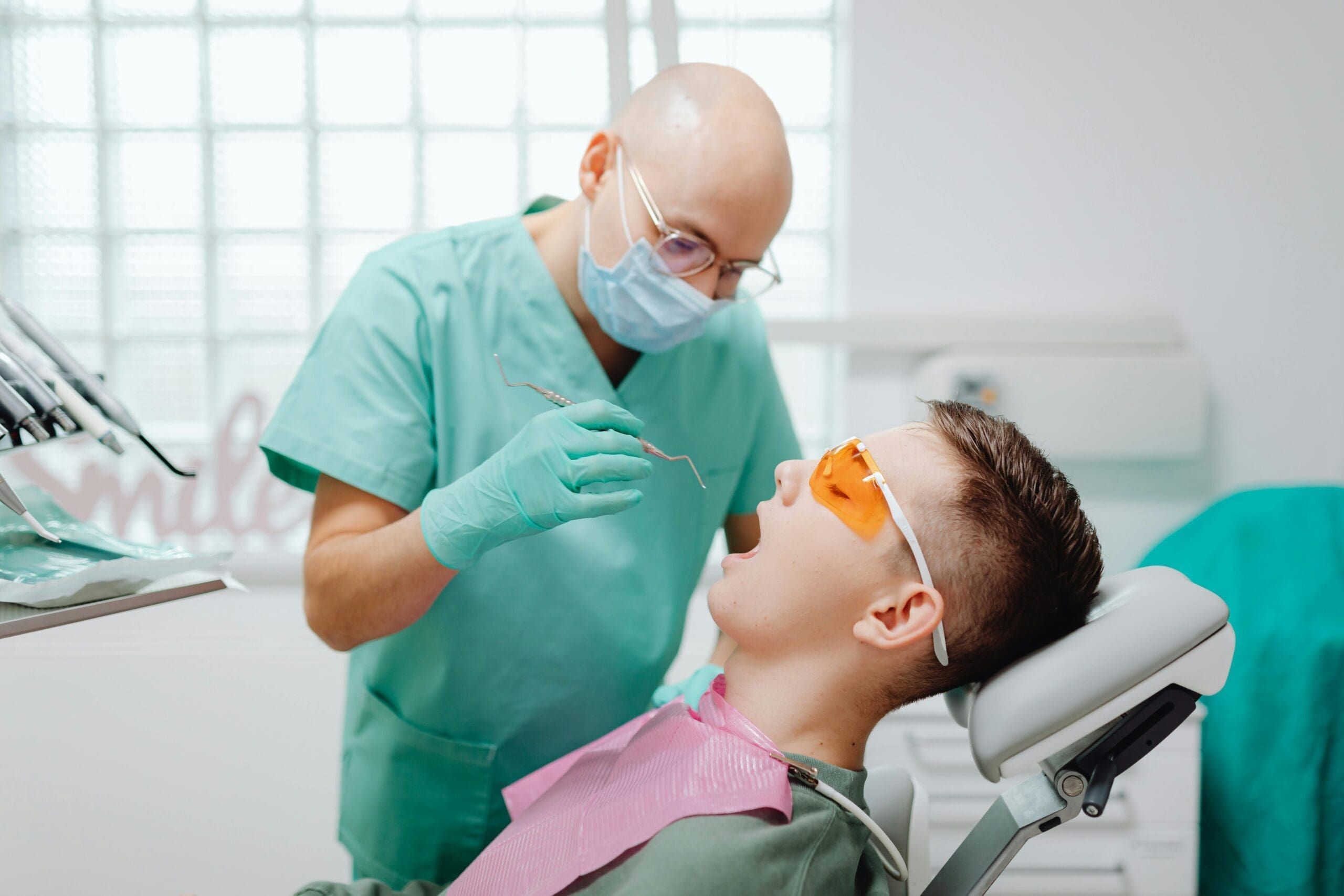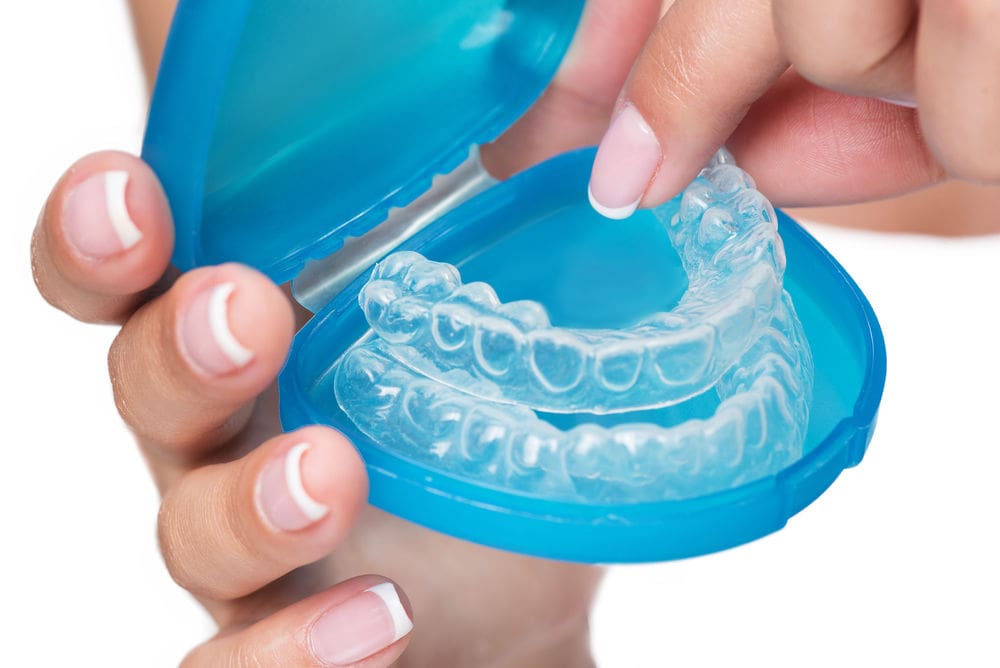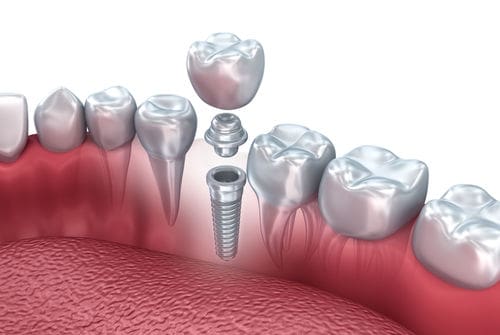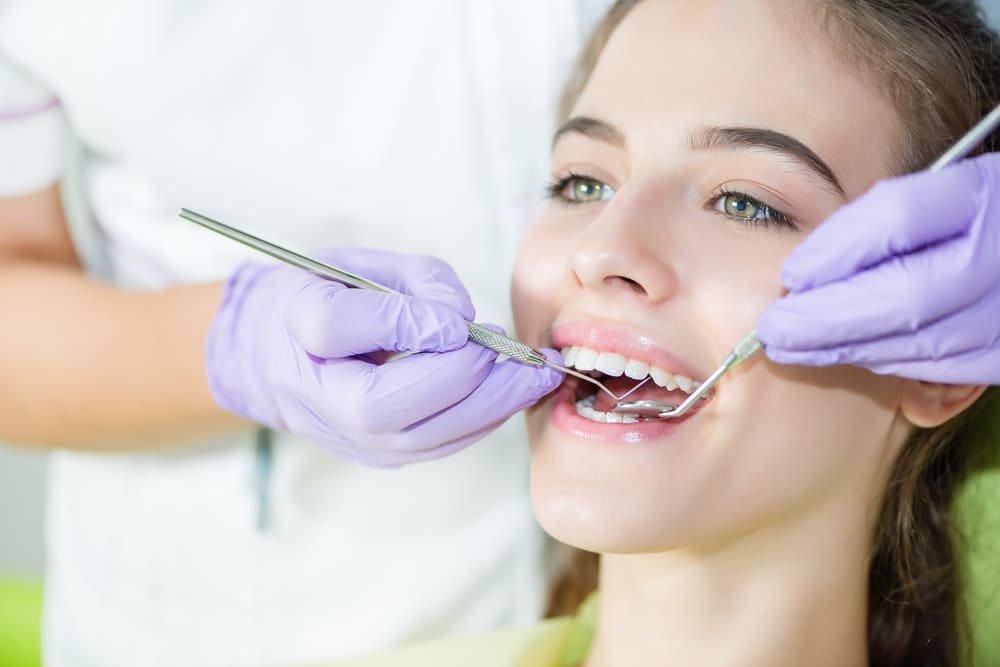Your teeth are designed to last you a lifetime and play an essential role in helping you eat, smile, and chew gum. But even though they’re strong, your teeth can still chip.
Dental decay, bruxism, and excessive acid erosion can lead to chipped teeth. And while tooth-colored resin can be used to repair the damage and make your smile look brighter, it’s not always the best option.
If you’re considering using teeth bonding to fix your chipped teeth, here’s what you need to know.
When Is Dental Bonding Necessary?
When a tooth is chipped, broken, decaying, discolored, malformed, or otherwise unappealing, a cosmetic dentist may propose dental bonding as a solution. You may use it to address common aesthetic concerns. Using dental implants to restore damaged teeth is far more effective than just replacing them.
A composite resin “bond” is used to restore your tooth to its pre-break condition.
Over maintaining the tooth’s natural appearance, a composite filling is preferable to a crown (often used for fillings).
What’s the Point of Having a Minor Chip In Your Tooth Bonded?
Fixing chips and cracks is vital for your overall dental health, even if you don’t care about your smile. As a result, it helps you eat correctly and protects the health of your other teeth.
A wide range of application methods, intricacies, and colors are used in dental bonding. The patient’s needs, preferences, and medical condition all play a role in determining these aspects. The goal is to have a beautiful, natural-looking smile while also fixing any damage to the teeth. For this reason, dental resin, a plastic-based substance, is the best choice.
In addition to matching the color of the resin to the existing teeth, it is possible to get a more natural appearance by doing so. Once the resin has been applied, the dentist sculpts it to remedy imperfections.
There are several ways to use the resin. You may use it to repair or extend teeth that have been damaged or shortened. The resin is cured by the dentist using a special UV light once it has been molded, shaped, and formed to the desired condition. After that, the dentist polishes the resin to make it seem like genuine teeth.
Who Needs to Receive Dental Bonding?
Dental bonding is used to fix teeth that are only mildly damaged. Dental implants are a better option if the damage is more severe. The best candidates for bonding are people whose teeth are already the color they want. If your teeth whitened after the bonding procedure, the bond would stay the same color.
When you can save a tooth, bonding is usually the best option. However, dental bonding is not an ideal solution in cases of advanced periodontal disease, edentulism, or severe tooth decay, and you should consider dental implants instead.
What Are the Advantages of Dental Bonding as a Restorative Material?
Dental bonding provides several benefits over other restorative options. The following are four of the most prominent:
-
Cost-effective Procedure
Dental bonding is frequently less costly than traditional restoration procedures, such as tooth extraction and replacement. It is a cost-effective repair method for minimal or isolated damage to the teeth.
-
Fast and Simple
Dental bonding is a popular option among patients looking for a fast and simple restoration procedure. Using tooth bonding, patients with discolored or broken teeth may have a whole new smile in only one dental appointment.
-
Less Invasive Procedure
Compared to other dentalcare solutions, dental bonding is a less invasive procedure that doesn’t change the neighboring teeth.
Conclusion
In summary, dental bonding can address many dental problems, from minor tooth decay to more severe issues like a gaping hole in the tooth. Unfortunately, cosmetic dental bonding is not always the best option. The dentist might suggest a dental bridge or dental implant if a tooth is beyond repair. This is why you need to consult with a reliable practitioner to know the best solution for your dental care needs.
Visit Liberia Dental Care if you are looking for the best dentist in Manassas, VA. We provide a wide range of dental and orthodontic treatments to individuals of all ages. Make an appointment with us for your teeth care.









